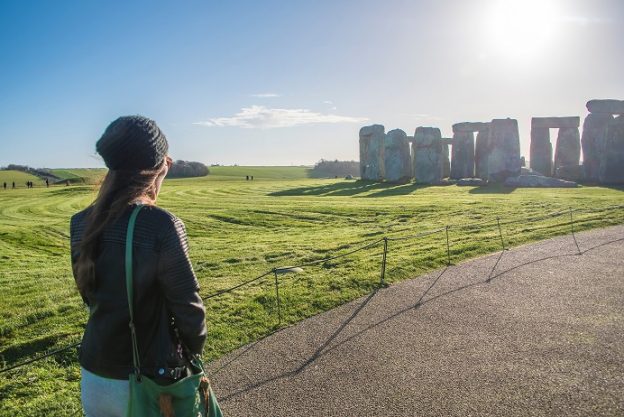Mid-Cornwall’s china clay country has seen many changes over the last several hundred years, and it continues to change along with the clay industry and the surrounding communities. In dynamic landscapes like this, planning for the future while respecting the past and offering opportunities for community engagement can be challenging.
In early May, a diverse group of people gathered for a workshop at the Wheal Martyn Museum in St Austell to talk about the role of the Arts in landscape management and development activity in places like the china clay area. Artists, industry representatives, curators, academics, heritage practitioners, land managers and others spent three days talking about how creative perspectives can help reframe problems as possibilities, and suggest new forms of stewardship for transitional places.
Workshop participants continued their discussions in the field on visits to the Sky Tip, Littlejohns Pit and Blackpool Pit. Sean Simpson, Imerys Business Development Coordinator, and Chris Varcoe, who is working with Eco-Bos on the West Carclaze development, led the field trip and offered their inside perspective on some of the challenges and opportunities presented by the post-operational china clay landscape. Chris said: “Eco-Bos were delighted to have the opportunity to participate in the wide-ranging and thought-provoking discussions that took place during the workshop, and to have the opportunity to share with the group its innovative proposals for the West Carclaze Garden Village.”

Workshop participants at Littlejohns Pit, Cornwall
The workshop was linked to the Heritage Futures research project, a four-year project funded by the Arts and Humanities Research Council. Professor Caitlin DeSilvey, of the University of Exeter’s Environment and Sustainability Institute, is leading research into heritage and transformation. Sites beyond Cornwall include a rewilding project in Portugal and the ex-military site of Orford Ness on the Suffolk coast. Participants in the May workshop included Heritage Futures project partners from Portugal, as well as other international participants from Ireland and the United States.
Jo Moore, Wheal Martyn Museum curator, commented: “There was a real buzz from the group over the few days and everyone I spoke to clearly found them stimulating and really enjoyable.” The group produced a set of draft principles, which integrated perspectives from industry, heritage and creative practice. For more information about the Heritage Futures project and the workshop outcomes, please contact Caitlin DeSilvey, .

